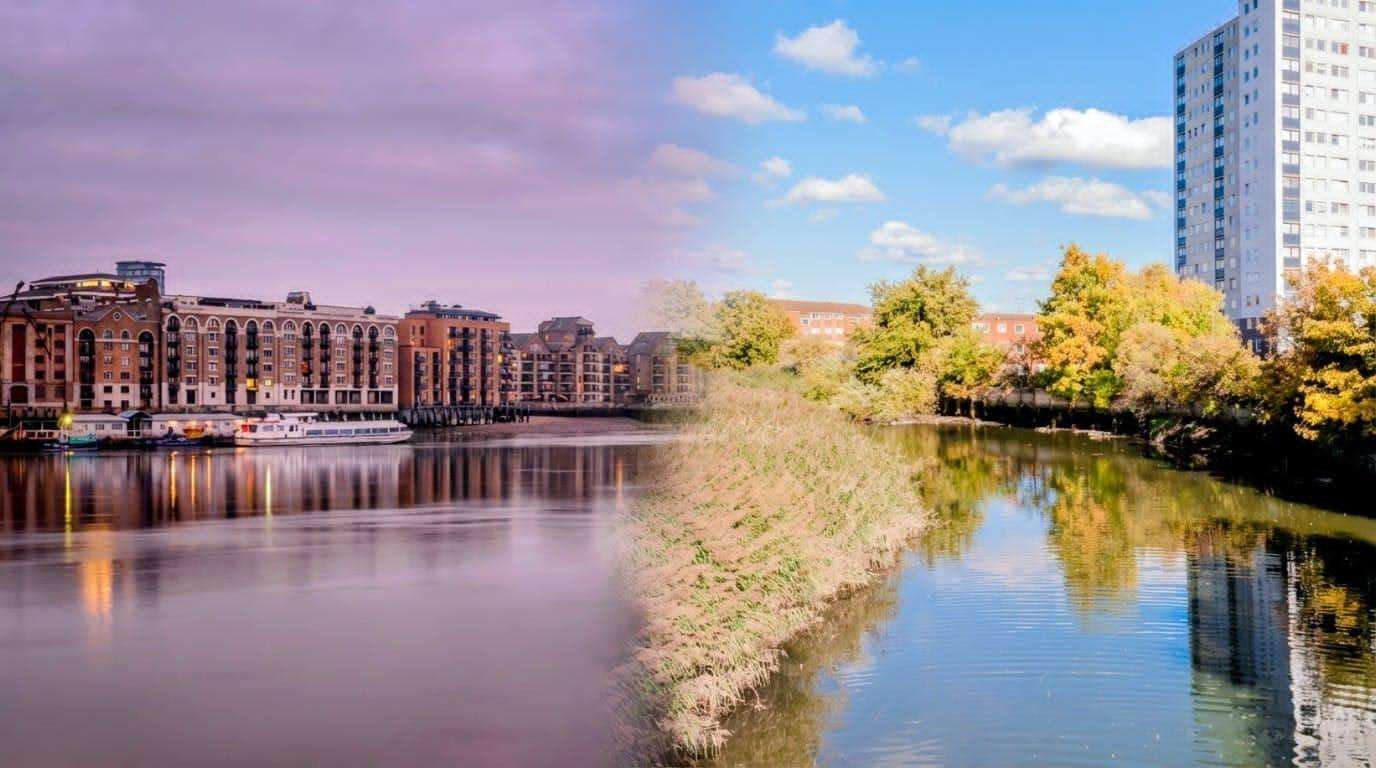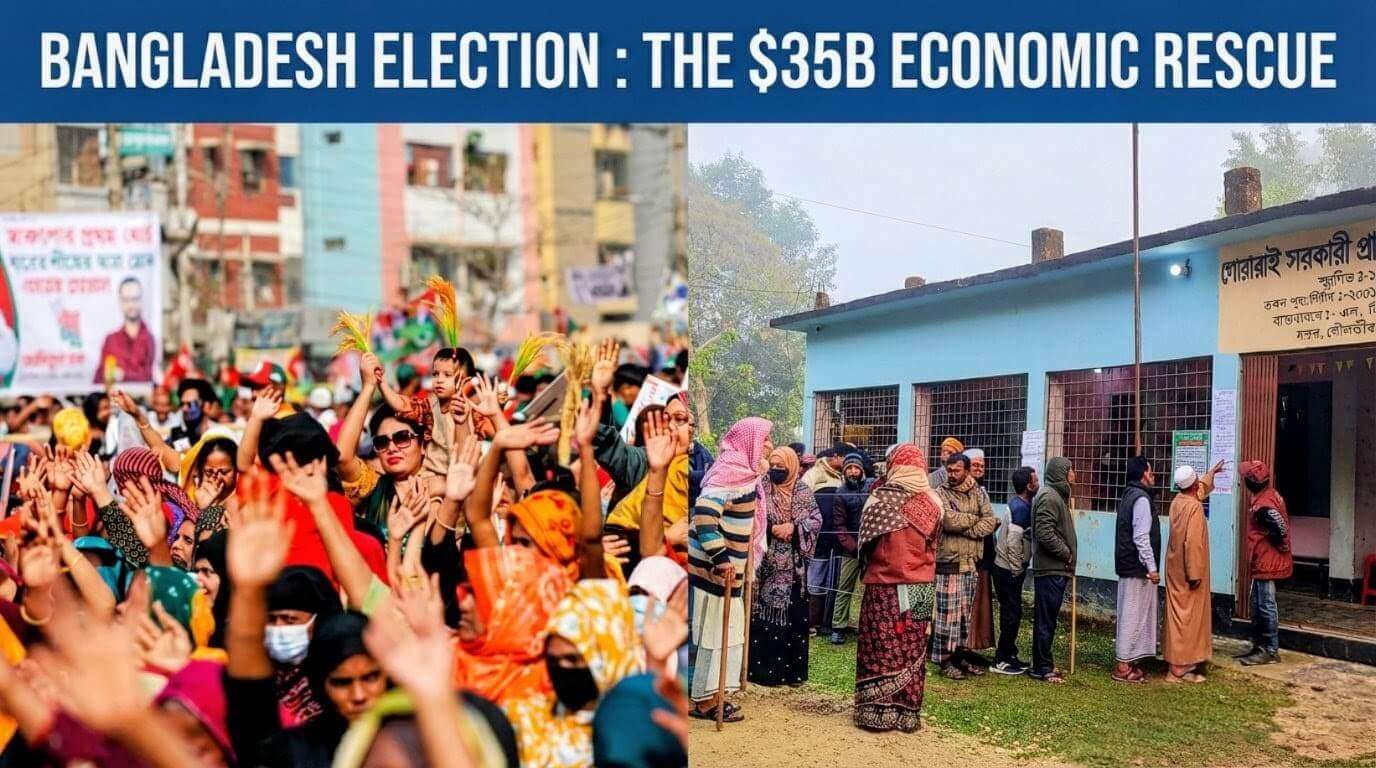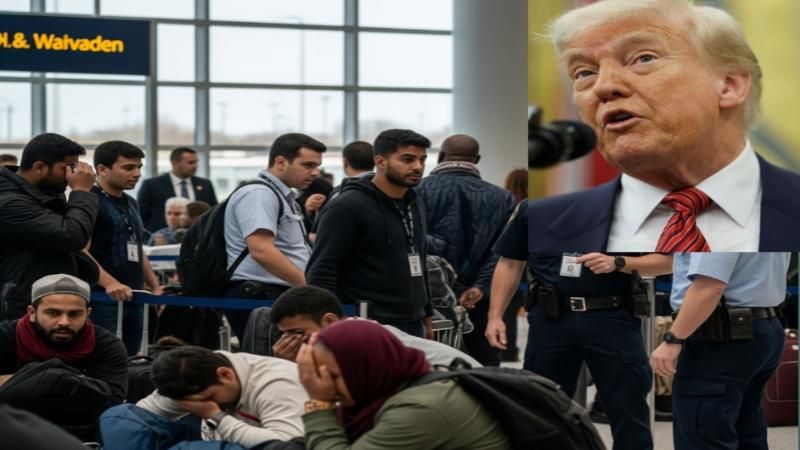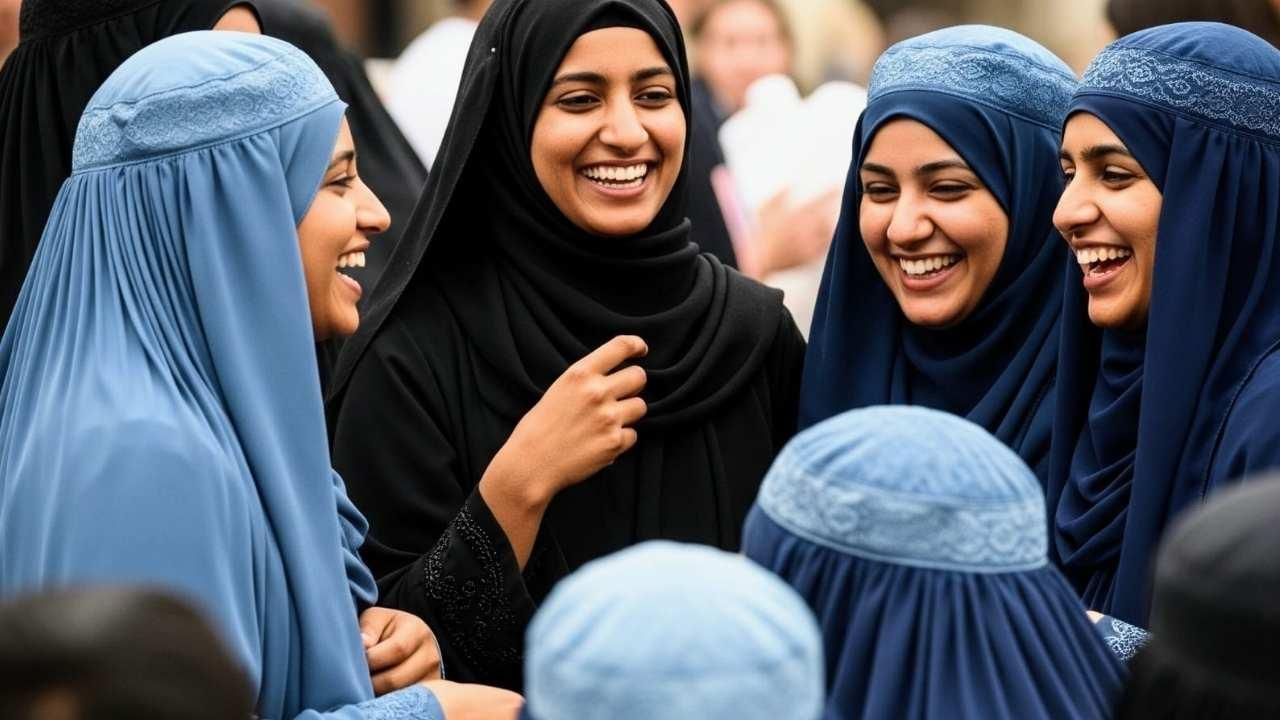In a move echoing his first term, US President Donald Trump late Wednesday announced a significant revival of his contentious travel ban policy, prohibiting entry to the United States for individuals from 12 countries. The sweeping proclamation, set to take effect at 12:01 a.m. Monday, includes Afghanistan, Iran, Libya, Somalia, Burma, Chad, Congo, Eritrea, Haiti, Sudan, Yemen, and Equatorial Guinea, Daily Dazzling Dawn understands.
President Trump defended the decision, stating in his proclamation, "I must act to protect the national security and national interest of the United States and its people." The new list of banned countries emerged from a January 20 executive order, which mandated the Departments of State and Homeland Security and the Director of National Intelligence to assess "hostile attitudes" towards the U.S. and identify potential national security risks posed by entry from certain nations.
Beyond the outright ban, the proclamation also imposes heightened restrictions on visitors from an additional seven countries: Burundi, Cuba, Laos, Sierra Leone, Togo, Turkmenistan, and Venezuela. While the specific nature of these heightened restrictions was not immediately detailed, they are expected to involve more stringent vetting processes.
This revival of the travel ban immediately drew strong criticism from various groups, who have historically labeled the policy as discriminatory. Opponents argue that such bans often disproportionately affect specific ethnic or religious groups, despite the administration's claims of solely addressing security concerns.
A Familiar and Controversial Policy
The policy bears a striking resemblance to the initial travel ban issued by then-President Trump in January 2017. That executive order initially targeted citizens from seven predominantly Muslim countries – Iraq, Syria, Iran, Sudan, Libya, Somalia, and Yemen. The rollout of the 2017 ban was met with widespread chaos and confusion, leading to travelers being stranded or detained at airports across the U.S. The impact was felt across various sectors, affecting students, faculty, businesspeople, tourists, and families alike.
Often referred to by critics as the "Muslim ban" due to its initial targeting of predominantly Muslim-majority nations, the 2017 order faced numerous legal challenges. After several revisions, a version of the ban was ultimately upheld by the Supreme Court in 2018. That iteration specifically impacted travelers and immigrants from Iran, Somalia, Yemen, Syria, and Libya, in addition to North Koreans and certain Venezuelan government officials and their families.
Throughout his presidency, Trump and his supporters have consistently defended the ban on national security grounds, asserting its necessity for protecting the country from perceived threats and denying any anti-Muslim bias. However, critics often point to the President's explicit call for a "Muslim ban" during his first presidential campaign as evidence of the policy's discriminatory intent.
Potential for Further Expansion
Given the administration's stated focus on national security and "hostile attitudes," it is plausible that more countries could be added to future listings if they are deemed to pose a similar risk by the relevant government departments. While no specific nations have been identified as next in line, any country that is perceived to have a government hostile to the United States, or where intelligence gathering suggests a high risk of terrorism or other security threats, could potentially face similar travel restrictions in the future. This could include countries with ongoing internal conflicts, unstable political situations, or those identified as state sponsors of terrorism by the U.S.
The reintroduction of this highly divisive policy is expected to reignite legal battles and spark further protests, setting the stage for renewed debate over national security, immigration, and civil liberties in the United States.
Trump Targets Harvard with International Student Ban
In a significant escalation of his ongoing attacks on Harvard University, Donald Trump has officially declared a ban on foreign nationals studying at the Ivy League institution. Late Wednesday, the former president issued an executive order, provocatively titled "Enhancing National Security by Addressing Risks at Harvard University," which suspends the student visa program specifically for Harvard. Trump asserted that a student visa is a "privilege granted by our government, not a guarantee." He further reiterated his claims that Harvard has violated federal law, emphasizing the importance of limiting international students for national security reasons. The executive order explicitly cited long-standing warnings from the Federal Bureau of Investigation, which has cautioned that foreign adversaries exploit access to American higher education to engage in activities such as stealing technical information, leveraging expensive research for their own agendas, and disseminating disinformation for political or other motives.








.svg)

.jpg)

